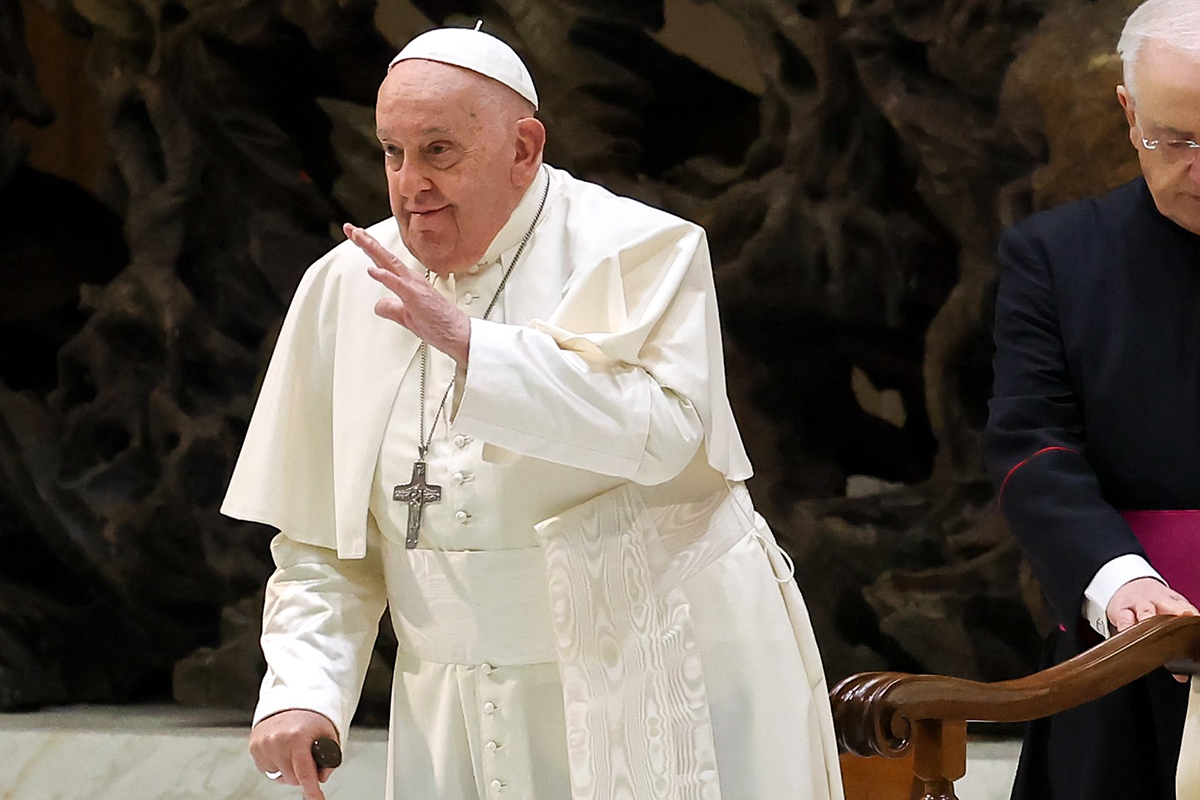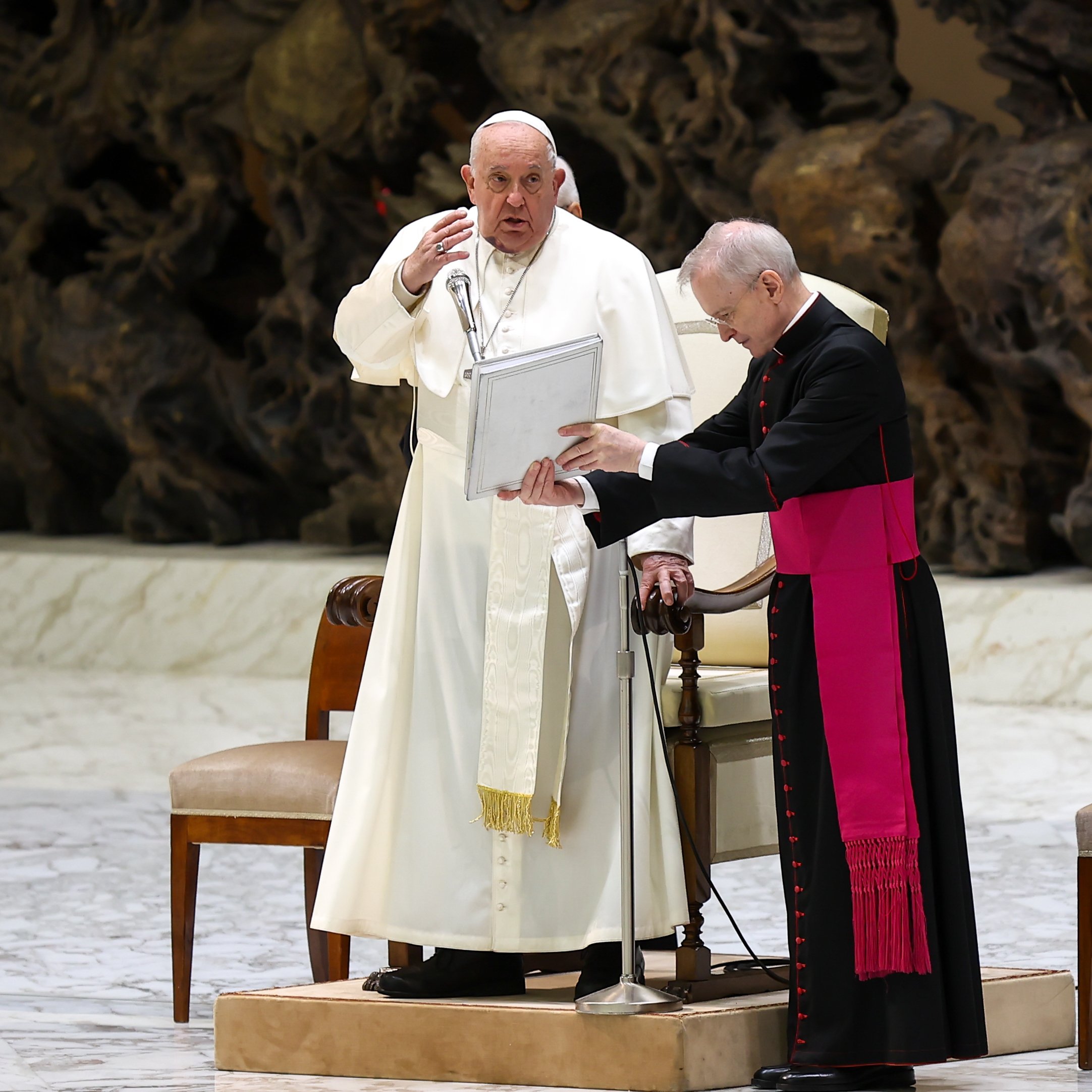SERVE THE LORD WITH GLADNESS | The Sermon on the Mount unveils the spiritual blueprint of the world

Dear brothers and sisters in Christ,
The Gospel readings this week continue the Sermon on the Mount (Matthew 5:1 – 8:1), and it helps to think of them as unveiling the spiritual blueprint of the world.
“You have heard that it was said, an eye for an eye…,” “…love your neighbor and hate your enemy,” and so on. All of those things seem to make sense on a worldly level. But Jesus reveals that there are deeper laws at work in the world: “When someone strikes you on your right cheek, turn the other one to him as well,” and “…love your enemies and pray for those who persecute you” (Matthew 5:39, 44).
Jesus not only said these things, He lived them right up to the cross. He sums them up with this: “Be perfect, just as your heavenly Father is perfect” (Matthews 5:48).
In other words: Don’t judge things by a worldly blueprint! You were made in the image of God, and union with God is your goal. So raise your eyes to the heavenly blueprint and act according to its deeper laws. It’s not easy! But it wasn’t made to be easy; it was made to be beautiful.
This week’s readings also teach us about planting moral and spiritual seeds.
Ahab and Jezebel conspire in killing Naboth to take possession of his vineyard. But their immoral action plants a seed, and that seed ripens in their own destruction. The prophet Elijah names Israel’s sins, which brings him persecution in this life. But his fidelity to God plants a seed, and that seed ripens in his being caught up to heaven by the fiery chariot. Athaliah has all the heirs to the throne killed so that she can gain power. But her treasonous action plants a seed, which ripens in her own overthrow. (In fact, when she cries out “treason!” it’s a piece of biblical humor and irony: “Yes, it’s the full flowering of the seed you planted.”) Finally, Jesus tells us: “If you forgive others, your heavenly Father will forgive you. If you do not forgive others, neither will your heavenly Father forgive you” (Matthew 6:14-15). When we plant a seed, God allows it to ripen!
I want to draw a cautionary tale from these points about blueprints and seeds.
When America was founded, we planted not only the seed of freedom but also the seed of slavery. Both grew and ripened — the one to our benefit, and the other to tremendous suffering. Looking back, we know we could have and should have done better in setting the blueprint for our nation. When we observe the third annual Maafa at the Old Cathedral this week (June 22), we will commemorate that failure and pledge to do better.
This year, in Missouri, we are being asked whether we want to plant the seed of abortion in our state constitution. I simply say this: If we do so, we will be planting the seed of the right to kill our children in the foundational soil of our state. That seed will ripen, and it will undermine our capacity to respect the dignity of every human being who needs our help. Looking back at our history, and looking ahead at this vote, I see the same lesson: We can and should plant better seeds.






